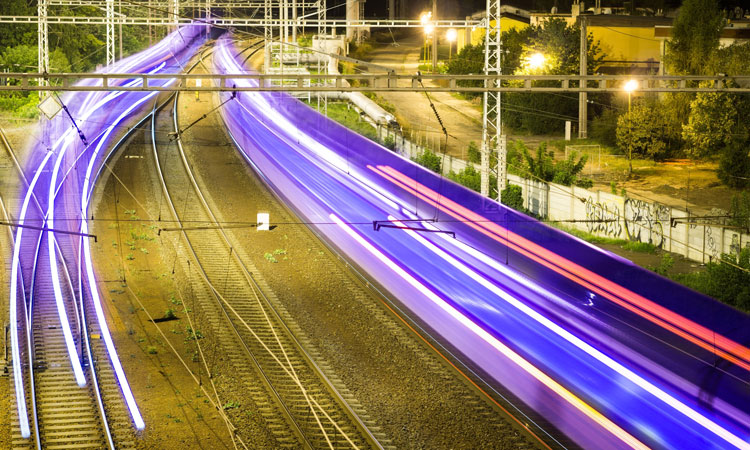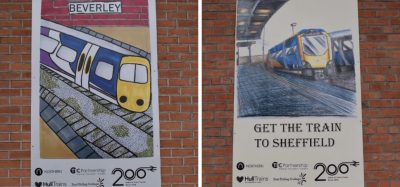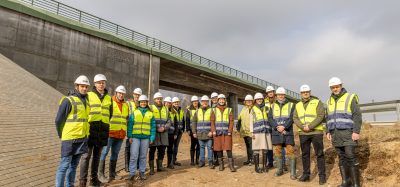Exploring next generation track maintenance activities

ABOUT THE WEBINAR:
Rail networks around the world are becoming more congested, with rising passenger numbers and an increasing demand for rail freight services. This is placing pressure on infrastructure managers to deliver more efficient and effective track maintenance, therefore ensuring rail services remain operational and growing demands are met.
With new technology and innovative solutions available to the industry, the future performance improvements of our railways will depend on a variety of elements, and this webinar explored how stakeholders manage their approach to track maintenance, their willingness to adopt innovative solutions and invest in the latest technology, and their understanding of the importance of delivering a data-driven railway.
KEY LEARNING POINTS OF THE WEBINAR:
- Identify different approaches to track maintenance activities
- Explore various solutions and technology available to the industry
- Identify how standards around track maintenance are reviewed, updated and how changes are implemented
- Explore how to overcome any challenges with implementing next generation track maintenance solutions
- The importance of cross-industry collaboration
- A look at case studies to cover experience and lessons learned
- How to exploit data further to benefit track maintenance activities.
Register
Register to watch this on-demand webinar
Speakers
KEYNOTE SPEAKERS:


Tim joined the rail industry in 2001, working on several asset and maintenance data roles before moving on to managing on-track machine planning and maintenance performance. In 2009, Tim moved into Network Operations Programmes, delivering the Maintenance Effectiveness Programme, including Plain Line Pattern Recognition, and leading on resolution national maintenance issues. Tim was appointed as Professional Head of Maintenance in July 2016 and, in July 2017, took on the lead engineering role for the Network Rail Intelligent Infrastructure Programme.


Ivan studied Civil Engineering Sciences with Environment and Construction Management and graduated in 2016. In his research, he examines the potential of fibre optic sensing in railway asset management.


Matthias is a graduate of Graz University of Technology, where he composed his PHD-Thesis on asset management within railway infrastructure. Since 2016, he has been a Senior Scientist at the Institute. He focuses on railway infrastructure management comprising a technical, ecological and economic point of view.


Deep is currently COO of Frauscher Sensonic, but in his previous role as Global Systems Manager for Frauscher’s FTS product line, he managed a focused engineering team handling commercial FTS projects. Deep has been involved in numerous technical business development and product development projects as a result of eight years of background in Distributed Acoustic Sensing. Deep completed his post-graduation at City University London in 2011. While working in several positions, as a data analyst, acoustic signature analyst, algorithm developer and projects engineer, he has shifted his industry involvement from oil and gas to the rail industry in recent years.
Related topics
Big Data, Digitalisation, Technology & Software, Track/Infrastructure Maintenance & Engineering
Related organisations
Frauscher Sensonic, Frauscher Sensor Technology Group, Institute of Railway Engineering and Transport Economy at Graz University of Technology, Network Rail







